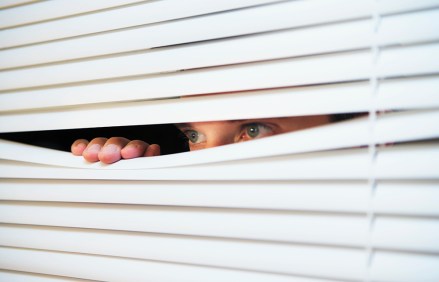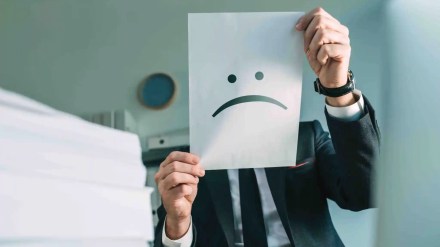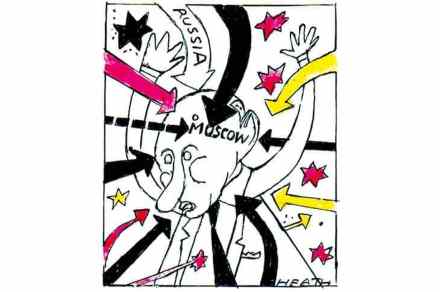The myth of collective wisdom
After 250 years of American independence, a nation home to many of the smartest and most talented people in the world may have to choose as its leader one of two people, each of whom is in many ways worse than His late Majesty George III, the man whose role the entire system was designed to replace. It is dangerous to assume that the more people who are involved in a decision, the better the outcome will be The absurdity emerges from the nature of the system – which, like many such systems, works very well right up to the point where it suddenly doesn’t. Faced with an unexpected combination





















